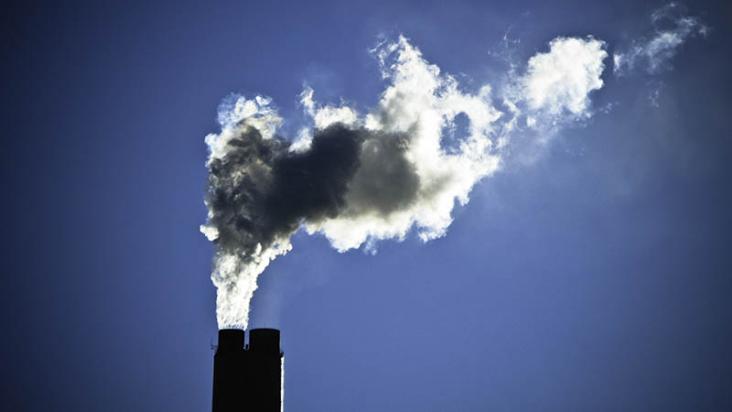
World Smart Energy Week is the world’s leading comprehensive B-to-B trade show for smart and renewable energy held twice a year in Japan. The show aims to provide a platform for professionals from across Japan, Asia, and the world to negotiate and network for the future of smart and renewable energy business. This supports SDG 9: to build resilient infrastructure, promote inclusive and sustainable industrialization and foster innovation.
The paper studied the evaluation index system of urban garden afforestation, ecological environment benefit and urban garden afforestation, furthering SDG 11, 5 and 9.
Efficiently harvesting potable water from atmosphere for arid regions.
Examination of the life-centred design approach, which provides a more holistic perspective to the production of interactive products by decentring humans. Article puts forward a practical framework for life-centred design, allowing for environmental and ethical concerns to be highlighted.
The plastic sector is hard to decarbonize due to the widespread use of fossil energy as raw materials and the complex value chains rooted across global markets. This Review article takes a synthesis of existing literature and discusses potential and challenges in deep decarbonizing the global plastic sector via the aspects of technology and governance.
The data presented in this study indicate air pollution (AP) induces an epithelial-to-mesenchymal transition-like phenotype of BEAS-2B cells in 3D spheroid cultures. This opens new avenues for drug development for the treatment of lung diseases induced by AP. The 3D spheroid cell culture is a novel, innovative and physiologically relevant model for culturing a variety of cells. It is a versatile tool for both high-throughput studies and for identifying molecular mechanisms involved in bronchial epithelial cell (patho)physiology.

On April 22 every year, we celebrate the anniversary of the birth of the modern environmental movement with Earth Day.

Carbon capture and storage (CCS) has been recognized as a key technology in energy systems decarbonization.

The UK Climate Change Agreements (CCA) aim to save energy and carbon emissions by way of energy efficiency targets in industrial sectors, while simultaneously reducing energy costs for participating organisations with large discounts on Climate Change Levies (CCL). This article is related to SDG 7, Affordable and Clean Energy; SDG 13, Climate Action; and SDG 9, Industry, Innovation and Infrastructure; as it demonstrates the ways in which governments can not only improve energy efficiency but also benefit industrial sectors.
Elsevier,
Healthcare Strategies and Planning for Social Inclusion and Development, 2022, Pages 159-201
This chapters advances goals 5, 8, and 9 by covering the largely unpaid workload of women, especially rural women, which increased during the COVID-19 pandemic.
